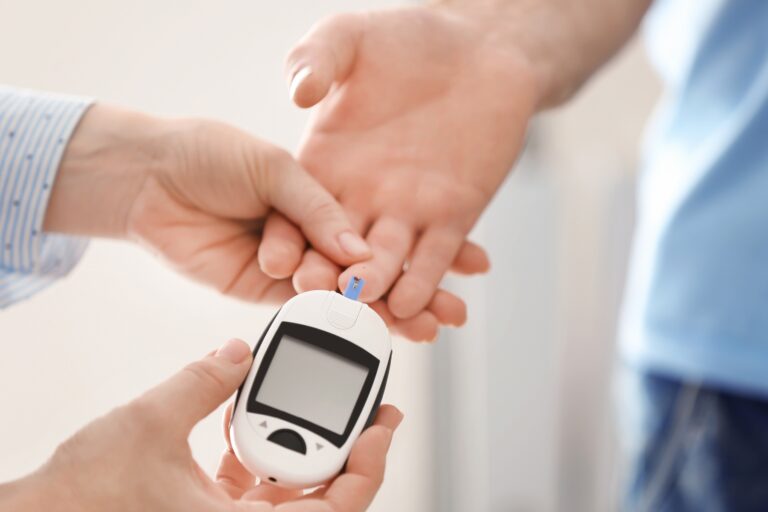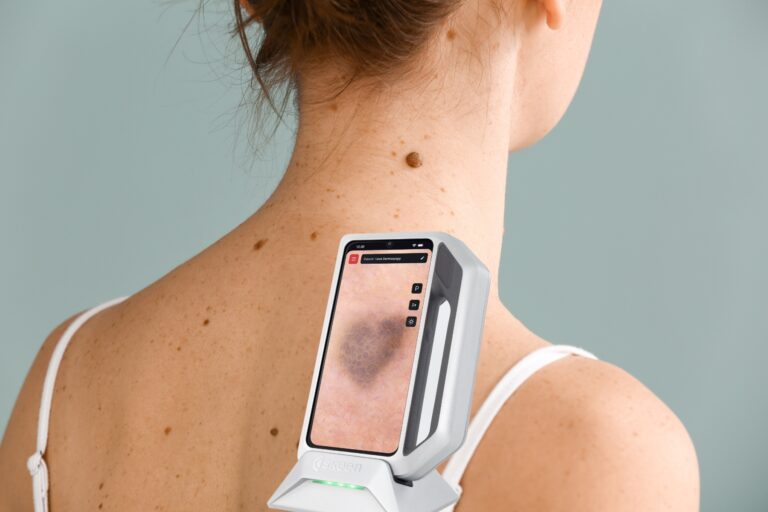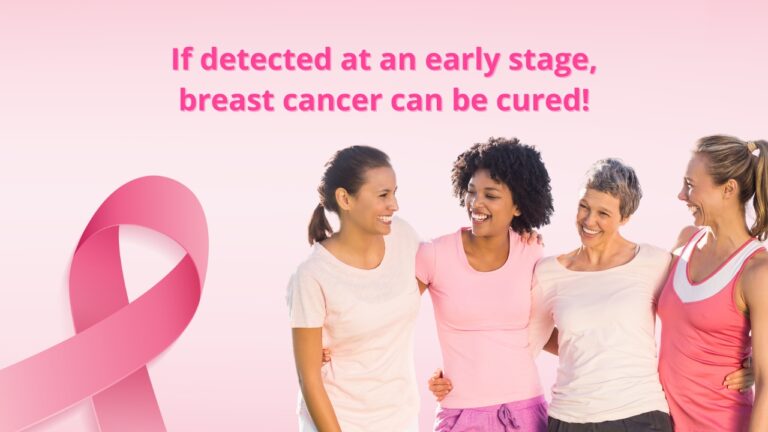We are experiencing the hottest summer ever. They recorded record-breaking temperatures in June worldwide. Even though many of us long for the warm summer days during winter, this is too much for most people. Most of us are trying to find ways to cool down and not get a heat stroke. This is harder in the city than in the rural areas.
Heatwaves can be dangerous and sometimes deadly, especially for vulnerable populations like infants, small children, and the elderly. Confusion is a common symptom in patients who develop a heatstroke. Other symptoms of heat exhaustion, the precursor to heat stroke, include muscle cramps, general weariness, headache, dizziness, feeling of passing out, nausea. These symptoms can even mimic a stroke. If you or someone near you is experiencing one or more of these symptoms, seeking immediate medical attention could be lifesaving action.
Who doesn’t enjoy going to the beach in the summer?
With temperatures this high, there’s only one thing on our minds: water! Baths and Spas around the capital are offering a 20% discount to holders of BKK transport passes. Whether you prefer the luxury of spas or the splashing fun of outdoor pool complexes, the city is full of options to cool off from summer heat.
One dangerous part of the cold water in the summer heat that isn’t mentioned many times is cold water shock. Coldwater shock causes the blood vessels in the skin to close, which increases the resistance of blood flow. Heart rate is also increased. As a result, the heart has to work harder, and your blood pressure goes up. Coldwater shock can therefore cause heart attacks, even in the relatively young and healthy. The sudden cooling of the skin by cold water also causes an involuntary gasp for air. Breathing rates can change uncontrollably, sometimes increasing as much as tenfold. All these responses contribute to a feeling of panic, increasing the chance of inhaling water directly into the lungs.
Tread carefully; take your time before splashing into the cold water!
Article: Hanna Taller




